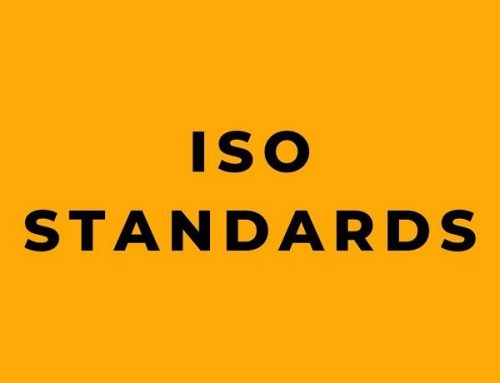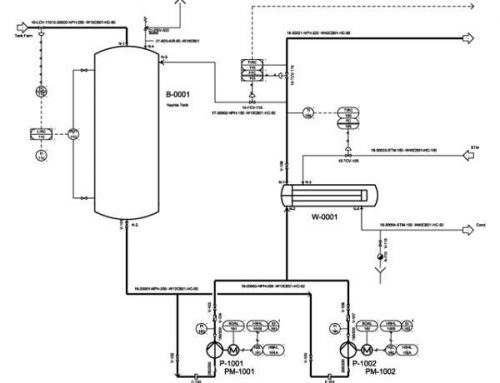Corporate fraud and misconduct can have devastating impacts – harming investors, employees, and entire economies when left unchecked. Fortunately, courageous whistleblowers serve as a critical line of defense, sounding the alarm on illegal activities. However, these individuals often face retaliation for speaking out. The Sarbanes-Oxley Act (SOX) provides vital protections for those who disclose allegations of fraud and violations at publicly traded companies.
Enacted in 2002 after high-profile corporate scandals, this groundbreaking legislation shields employees from reprisals for reporting misconduct. As SOX marks over 20 years in effect, examining its whistleblower provisions remains highly relevant in the pursuit of accountability and ethical business practices. This article will explore what SOX covers, prohibited retaliatory acts, filing procedures and deadlines, as well as outcomes for prevailing claimants.
Comprehensive Safeguards for Disclosing Violations
SOX prohibits publicly traded companies from retaliating against whistleblowers engaging in “protected activities” – namely disclosing alleged mail, wire, bank, or securities fraud. This includes violations of Security and Exchange Commission (SEC) regulations or federal fraud laws related to shareholders. Employees also receive protection for participating in proceedings or internal/external investigations into said violations. Protected disclosures involve providing information to federal agencies, Congress, or as part of internal company probes.
In 2010, SOX protections expanded via an amendment under the Dodd-Frank Act. They now extend to “nationally recognized statistical rating organizations” like credit rating agencies, plus their contractors and subcontractors. Overall, SOX covers a wide range of publicly traded firms and related entities, though employees of private companies lack similar federal shielding. Nonetheless, the law provides far-reaching defenses for those blowing the whistle on corporate transgressions.
Myriad Forms of Banned Retaliation
If an employee’s protected activity contributes to adverse action from their employer, SOX deems this unlawful retaliation. The law recognizes that whistleblower discipline manifests in numerous ways, some overt and others quite subtle. Of course, SOX prohibits obvious retaliatory moves like termination, demotion, or compensation cuts. However, the law also identifies less conspicuous yet equally damaging actions like:
- Blacklisting – Illegally denying future job opportunities
- Intimidation and threats – Creating a hostile, toxic work climate
- Denying overtime/promotions – Impacting career advancement
- Reassignment – Disrupting an employee’s role or prospects
Simply put, SOX provides security against any discriminatory employer activity related to protected whistleblowing. This enables informants to come forward, preventing minor as well as major retaliatory acts.
Expedient Reporting Essential
Another critical aspect of SOX is the timeline for submitting retaliation claims. Whistleblowers must file complaints with the Occupational Safety and Health Administration (OSHA) within 180 days of alleged violations or discovering them. Strict adherence prevents employers from disguising or covering up reprisals until after reporting deadlines expire.
When making SOX claims to OSHA, employees enjoy flexibility regarding formats and languages. Complaints get accepted via written documents, faxes, hand deliveries, mail with delivery confirmation, or third-party carrier shipments. No specific formatting is mandatory, and non-English submissions also receive consideration. With various channels and few formatting barriers, OSHA facilitates accessible SOX reporting so violations surface promptly.
Favorable Outcomes for Prevailing Whistleblowers
Successfully demonstrating SOX retaliation leads to impactful results – both discouraging future transgressions while making the claimant whole. If OSHA investigations substantiate claims against employers, significant remedies follow. These resolutions aim to restore wronged whistleblowers’ standing through combinations of:
- Job reinstatement at the same seniority
- Payment of back pay plus interest
- Reimbursement of special damages, legal fees, and other costs
Should employers contest OSHA findings, they can initiate hearings with administrative law judges and the Department of Labor Review Board. However, if the agency does not finalize orders within 180 days, whistleblowers can take their case to federal court. Regardless of the process, SOX prioritizes restoring losing jobs, income, and more for protected informants who experience retaliation.
The Courage to Speak Out Secures Progress
In concluding, the Sarbanes-Oxley Act whistleblower protections recognize a difficult truth – those who publicize corporate misconduct often risk their careers and livelihoods. Yet their vigilance promotes transparency, integrity, and accountability when unethical behaviors emerge. By reporting fraud in the face of retaliation, these individuals advance the long-term interests of employees, shareholders, and society alike.
SOX whistleblower safeguards aim to counterbalance the immense pressures these informants face daily. While no single law deters all fraud or eliminates retaliation, SOX meaningfully supports those willing to speak out against wrongdoing. Their courage drives positive change amid complex organizations, faulty leaders, and collective action dilemmas. Workplace whistleblowers sound vital alarms – and we all must listen.










